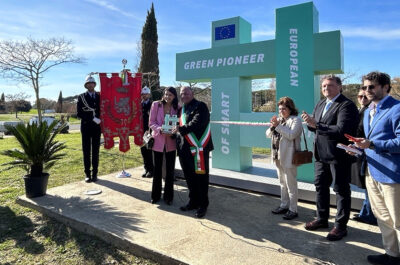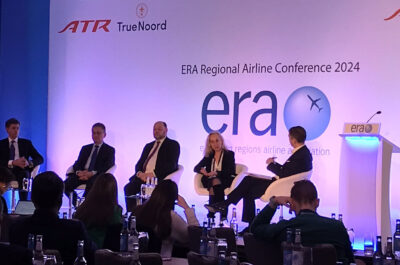The Commission adopted its in-depth report on the railway sector – the Rail Market Monitoring Survey (RMMS). The report confirms that passenger railways have experienced tremendous growth rates since the mid-nineties in countries like the UK (+70%), Sweden (+42%), France (+37%) and Belgium (+26%).
The European Commission‘s bi-annual report on the European Rail Market, published today, shows while it is undeniable that rail is growing, more can still be done in terms of efficiency and service quality in several Member States. The Report also highlights that open competition and increased public tendering deliver better services for passengers and better value for taxpayers. Europe’s railways absorb 36 billion euros of public subsidies a year (almost as much as they earn from fares).
Vice-President Siim Kallas, European Commissioner responsible for Transport stressed that “Rail has significant potential as a green and sustainable mode of transport. But to put EU railways on track for the 21st century, it is necessary to take bold measures: streamline vehicle authorisation procedures, increase investment in infrastructure and boost research and innovation in rail but also open domestic intercity markets to competition and generalise tendering for public service contracts, as proposed in the 4th Railway Package”.
The Commission adopted its in-depth report on the railway sector – the Rail Market Monitoring Survey (RMMS). The report confirms that passenger railways have experienced tremendous growth rates since the mid-nineties in countries like the UK (+70%), Sweden (+42%), France (+37%) and Belgium (+26%) and highlights the importance of high-speed services that represent a quarter of all traffic in the EU. International passenger traffic is growing and the main European railway groups are not purely traditional State-owned public monopolies anymore but more and more international railway groups with more than a quarter of their turnover generated outside their home country. Railway freight is also growing and is now generating almost half of its traffic from cross-border services. New entrants in the sector are employing some 120,000 persons and already have a 21% market share of passenger rail and a 28% of rail freight.
The report finds that prices are lower where there is open competition between railway companies and passengers get a better service. For example, on high-speed lines fares are lower where there is competition. Prices on the Rome-Milan route, where two rail operators compete, are 25% up to 40% cheaper than Madrid-Barcelona which is not yet open to competition. Frequencies on the Italian route are double which shows a positive correlation between frequency and open competition which currently mainly exists on high speed lines and long distance inter-city services.
On the other hand, the report also shows that the railway sector is (still) significantly reliant on public subsidies (some 36 billion EUR in 2012), almost as much as its sales revenues and that the growth of rail freight is lagging behind the growth of other transport modes. It also underlines that ports like Rotterdam and Antwerp could do better in terms of rail freight traffic and that satisfaction with rail travel and stations has still much room for improvement (58% of satisfaction). For instance, railways are not tapping into the important potential of persons with reduced mobility: 19% of Europeans are not taking the train because of accessibility issues (and only 6% of Europeans take the train at least once a week). Likewise, rail fares of many high-speed services remain relatively high, in particular in comparison to some lines where competition has been introduced.
94% of passenger railway services are domestic and of those about half are commuter services. The Commission’s proposals for a 4th Railway Package, currently under discussion, will oblige Member States to put these contracts out to public tender in order to deliver better quality rail services and better value for money. For the same reason, it will impose open competition on high speed and inter-city lines. Taxpayers get a better deal when there is public tendering to choose the company that will run commuter services, according to the report. For example, commuter routes in the UK, where the market has been opened to competition, are seen as more frequent and more reliable and cost the taxpayer less than in Belgium and France, where the markets are still closed. For this reason, the Commission’s 4th Railway Package will require increased tendering for public service contracts.
Theodore is the Co-Founder and Managing Editor of TravelDailyNews Media Network; his responsibilities include business development and planning for TravelDailyNews long-term opportunities.




























































































































































































































